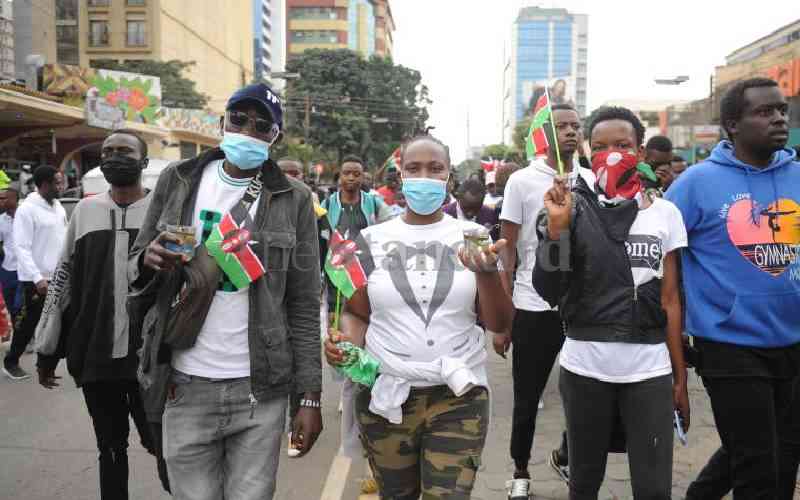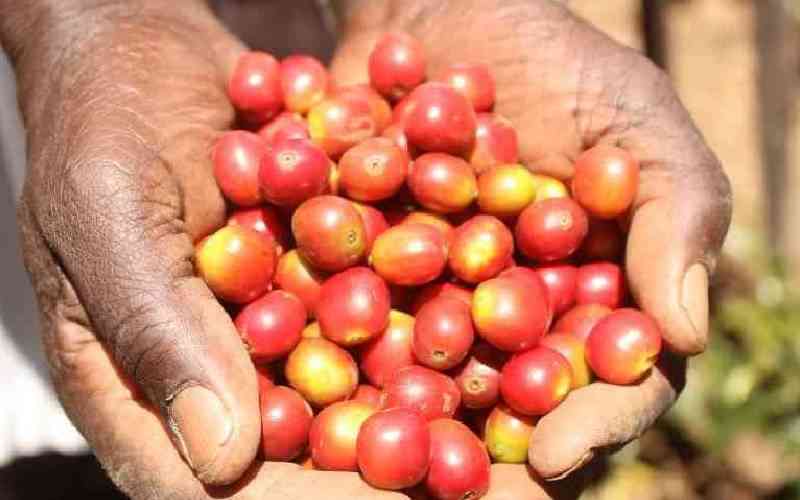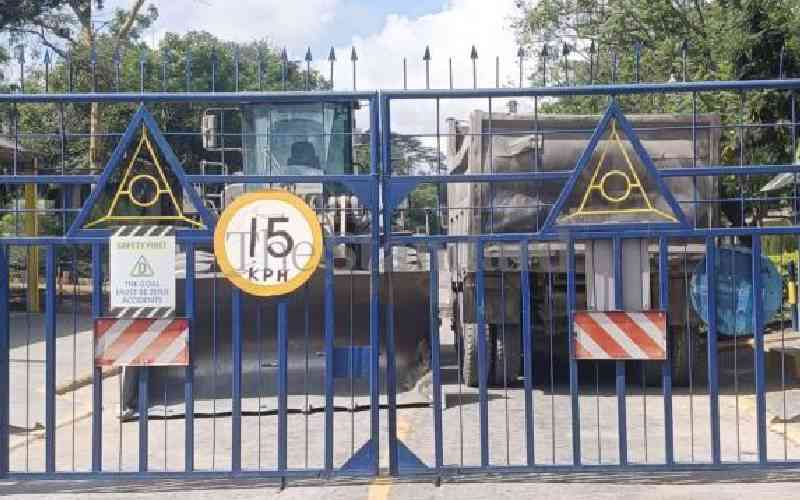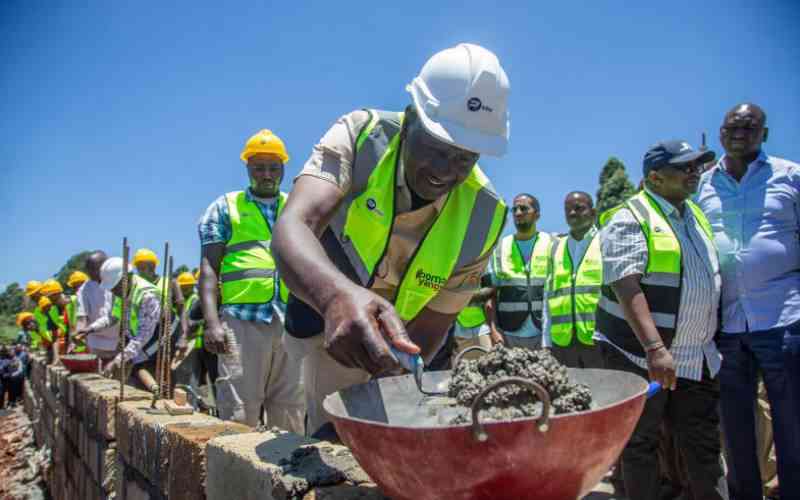Households which depend on casual work, generally concentrated in urban areas especially big cities, are the hardest hit by crises of food and income caused by the Coronavirus, according to a research by Twaweza.
One out of three of these households (34 per cent) have seen the main breadwinner lose their source of income, compared to one out of four Kenyan households overall (26 per cent). And more than half of these households have not found new sources of income.
This has negatively impacted food security with 8 out of 10 households (80 per cent) that rely on casual work reporting to hold food stocks of a week or less at home, compared to 6 out of 10 of the population overall (64 per cent).
In the past three months, 4 out of 10 casual workers (43 per cent) did not eat for a whole day due to lack of money or other resources, compared to 3 out of 10 of citizens in general (32 per cent).
“As we learn to live with the Coronavirus, we all need to focus on the recovery and reconstruction of our economy. Citizens’ voices reveal Kenyans’ unequal suffering. Many are vulnerable and hungry. But one group are particularly hard hit: urban casual workers especially concentrated in Nairobi. Their sources of income are most insecure and they are least well placed to adapt their work to the new context. However, those with formal jobs who are more likely to work remotely, and those who can still farm, are slightly better off,” said James Ciera, Country Lead for Twaweza in Kenya.
Twaweza released the findings in two research briefs titled Living with Coronavirus? Kenyan citizens’ opinions and experiences on the economic effects of Covid-19 based on data from Sauti za Wananchi, Africa’s first nationally representative high-frequency mobile phone survey. The panel was established through random sampling from a database of contacts from previous surveys to establish a new representative panel of the country’s population. Data was collected from 3,000 respondents in the first round of the special Sauti za Wananchi panel, conducted between 17 and 29 August, 2020.
According to the findings, casual workers face particularly difficult conditions but all Kenyans are struggling with securing food and income. Fewer Kenyans now say their income is sufficient to meet their household needs: 1 out of 4 citizens (28 per cent) report having enough income compared to 1 out of 3 in 2018 and 2017.
8 out of 10 Kenyans (77 per cent) report increases in the price of food and other necessities, compared to January of this year. And 2 out of 3 households (64 per cent) say they have food that would last a week or less at home. Compared to June 2020, more households (21 per cent compared to 15 per cent) report having no food at home.
The situation is particularly bad in Nairobi where the share of households with no food at home has almost doubled (from 17 per cent to 31 per cent) this year.
4 out of 10 citizens (39 per cent) say they would spend a hypothetical Sh10,000 gift from government on food.
Overall, half of households (52 per cent) report that their current food situation is worse or much worse than in the previous month. Along a range of indicators of food stress, 2020 is comparable to 2016, a year of bad harvest.
In the past three months due to lack of money or other resources: 75 per cent of people in 2020 and 2016 worried about running out of food. 60 per cent had in 2020 and 65 per cent in 2016 had to skip a meal. 51 per cent in 2020 and 53 per cent in 2016 found their household ran out of food.
For many citizens, these tough household circumstances translate into pessimism about the status of the national economy. Overall 8 out of 10 citizens (78 per cent) think the country is heading in the wrong direction, up from 7 out of 10 (71 per cent) in 2018. Similar proportions think the current state of the economy is bad or very bad (83 per cent) or (much) worse (87 per cent) than 12 months ago. Findings are similar when citizens are asked about their personal economic circumstances: 1 out of 2 (56 per cent) report these to be bad or very bad and 9 out of 10 (87 per cent) say things are worse than a year ago.
Citizens however, remain steadfastly optimistic about the future with 4 out of 10 Kenyans (38 per cent) reporting they think things will be better in the future.
“These voices provide the government with clear signals: citizens all need help to ensure they make it through the personal food and financial crisis brought on by the Coronavirus. Starting with support to casual workers in urban areas may be worthy of serious consideration and action by the government,” said James Ciera.
 The Standard Group Plc is a multi-media organization with investments in media
platforms spanning newspaper print operations, television, radio broadcasting,
digital and online services. The Standard Group is recognized as a leading
multi-media house in Kenya with a key influence in matters of national and
international interest.
The Standard Group Plc is a multi-media organization with investments in media
platforms spanning newspaper print operations, television, radio broadcasting,
digital and online services. The Standard Group is recognized as a leading
multi-media house in Kenya with a key influence in matters of national and
international interest.
 The Standard Group Plc is a multi-media organization with investments in media
platforms spanning newspaper print operations, television, radio broadcasting,
digital and online services. The Standard Group is recognized as a leading
multi-media house in Kenya with a key influence in matters of national and
international interest.
The Standard Group Plc is a multi-media organization with investments in media
platforms spanning newspaper print operations, television, radio broadcasting,
digital and online services. The Standard Group is recognized as a leading
multi-media house in Kenya with a key influence in matters of national and
international interest.









